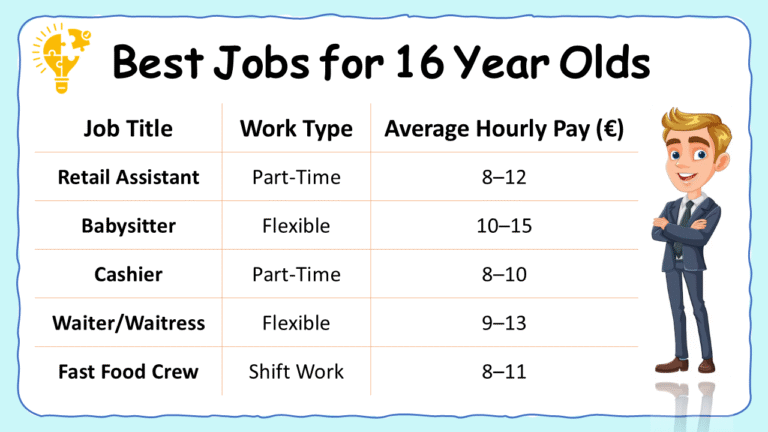Many people think of public libraries as quiet places full of books—but their story is much more powerful. For thousands of years, libraries have helped share knowledge, protect history, and support communities. Today, they are changing to match the needs of a digital and fast-moving world.
In this article, we explore the rarely discussed journey of public libraries and how they are becoming learning hubs of the future. This is not just history—it’s a look at how the past, present, and future of human learning are shaped through libraries.
A Brief Yet Powerful History of Libraries Few Know
Many learners are surprised to know that public libraries were once symbols of power and control, not free access. Let’s explore their hidden past in a simple timeline:
🔹 Ancient Roots
- Libraries began as archives for rulers in Mesopotamia (around 2500 BCE).
- Only priests, scholars, and elites could read or enter.
- Writing was rare, so every scroll was a treasure.
🔹 Library of Alexandria – The First Global Library
- Built around 3rd century BCE in Egypt.
- Tried to collect every book in the world (in scroll form).
- It became a place of scientific study and translation.
- Sadly, it was destroyed in wars—losing centuries of knowledge.
🔹 Middle Ages – Secret Libraries
- Books were copied by hand in monasteries.
- Access was highly limited.
- Libraries were mostly used for religious purposes.
🔹 The Birth of Public Access
- The 17th and 18th centuries saw subscription libraries—you paid to borrow.
- True public libraries (free to all) began in the 1800s.
- Peterborough, England (1833) opened the first one.
- Andrew Carnegie, a businessman, funded over 2,500 libraries worldwide, mostly in the U.S.
📌 Did You Know?
- Over 2.6 billion visits are made to public libraries globally each year.
- Some libraries are now offering AI, coding, and VR training.
Importance of Public Libraries Today
Public libraries are more than just places to borrow books. They offer free services to people of all ages and backgrounds.
Services Offered by Public Libraries:
- Books, newspapers, and magazines to read for free
- Internet and computer access
- Study spaces and meeting rooms
- Children’s storytimes and learning programs
- Support for job seekers and students
Why Public Libraries Matter:
- They give equal access to knowledge.
- They help people learn new skills for work and life.
- They are safe spaces for study, reading, and community events.
Challenges Faced by Public Libraries
While libraries are helpful, they also face many problems today.
⚠️ Common Challenges:
- Low funding from governments
- Fewer visitors due to digital devices
- Maintenance of old buildings
- Need for more digital resources
Future of Public Libraries Worldwide
The future of public libraries looks different, but still important. Libraries are trying to stay modern and relevant.
🔄 How Libraries Are Changing:
- E-books and audiobooks are now available online
- Digital classes and workshops are being offered
- Makerspaces for tech, 3D printing, and coding
- Libraries on mobile apps and virtual platforms
💡 What to Expect:
- More tech-friendly libraries
- Green and eco-friendly buildings
- Libraries will become community learning hubs
- Focus on digital skills and online learning
Public libraries have a rich history of sharing knowledge with people around the world. From ancient scrolls to digital books, they have always been a source of learning. Even though they face challenges today, they are adapting to modern needs. The future of public libraries is digital, inclusive, and community-based.
📌 Key Takeaways
- Public libraries started in ancient times as private collections.
- Today, they offer free knowledge and services to everyone.
- Challenges include funding and staying relevant in the digital age.
- The future of libraries is focused on technology, community learning, and access for all.
Public libraries are a living example of how human civilization grows through shared knowledge. They protect the past, serve the present, and shape the future.



